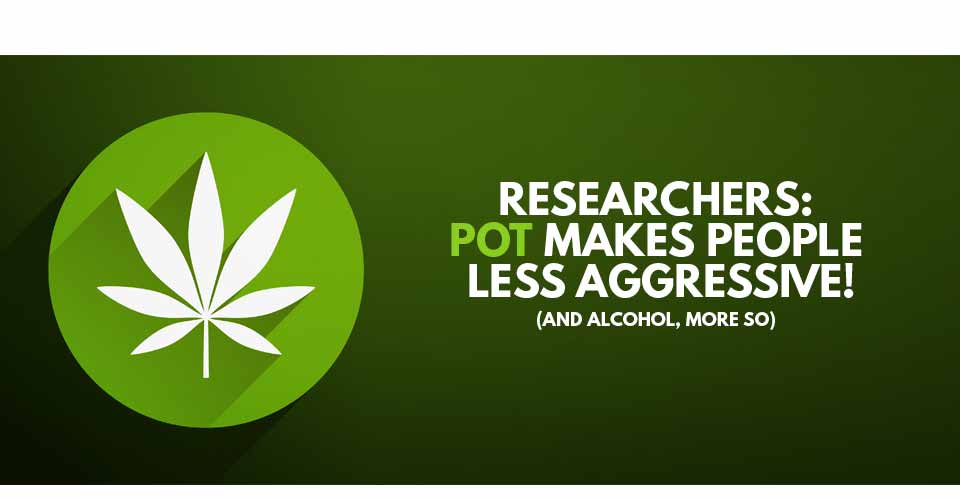Life in Colorado is absolutely beautiful and I’m so grateful that I get to enjoy it. The gorgeous craggy peaks of the Rocky Mountains juxtaposed against the swelling prairie, the general easygoingness of my fellow Coloradans, the emphasis on enjoying life outside as much as possible and, many people now think, the ability to enjoy marijuana openly and legally and anytime I’d like to.
This isn’t necessarily true, of course: marijuana use is still highly regulated, especially in terms affecting public safety.
You can’t legally drive stoned anymore than you can legally drive drunk. You can, however, use marijuana legally on recreational terms, and the state now enjoys significant revenue from taxes on pot sales. We also get a lot of side-eyes from other states wondering what they should do with the legalization of marijuana within their borders. It’s compelling enough, especially in terms of revenue, that 28 states have legalized medical marijuana use and 8 states have legalized recreational use. Studies suggest that up to 58% of Americans are in favor of the legalization of marijuana.
Recent studies also show that while alcohol actually increase a person’s tendencies towards aggression, cannabis actually decreases it. (Cue legions of stoners rolling their eyes and saying, “Duh, man.”) While anecdotally this seems well-established, the science to back it simply hasn’t been there until recently. In this study, which used a computer-based experiment designed to measure aggression, 61 participants found that alcohol increased their aggression while cannabis decreased it. The experiment was conducted at Maastricht University and the results were published in Psychopharmacology.
The study does have its shortcomings. Its authors acknowledge. The tests were administered using a fairly small amount of alcohol and as such, there is no way to reasonably speculate whether increased intake of alcohol increases aggression. One might consider that given the nature of alcohol and its impacts on the body, tendencies towards aggression might wane as a person gets more intoxicated simply because they are too heavily influenced by alcohol to be easily disturbed and therefore behave aggressively. (Or, put simply, they’re too drunk to care anymore.) The study also didn’t provide any differentiation between men and women for its initial investigative purposes; researchers are looking forward to conducting further experiments with gender controls to further explore this.



